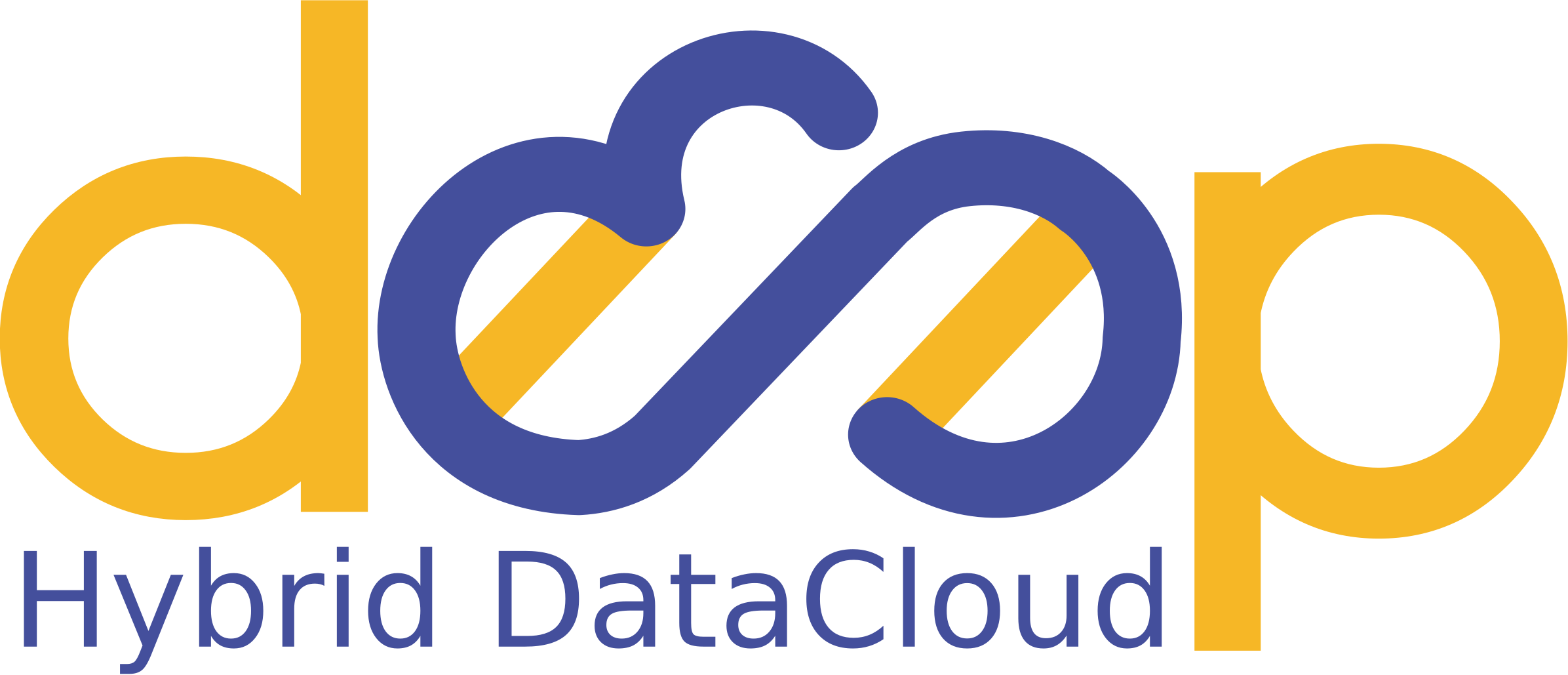This is a container that will run the obsea-fish-detection application leveraging the DEEP as a Service API component (DEEPaaS API V2).
To run the Docker container directly from Docker Hub and start using the API simply run the following command:
$ docker run -ti -p 5000:5000 -p 6006:6006 -p 8888:8888 deephdc/uc-enocmartinez-deep-oc-obsea-fish-detectionThis command will pull the Docker container from the Docker Hub deephdc repository and start the default command (deepaas-run --listen-ip=0.0.0.0).
N.B. For either CPU-based or GPU-based images you can also use udocker.
If you want to build the container directly in your machine (because you want to modify the Dockerfile for instance) follow the following instructions:
git clone https://github.com/EnocMartinez/obsea-fish-detection
cd obsea-fish-detection
docker build -t deephdc/uc-enocmartinez-deep-oc-obsea-fish-detection .
docker run -ti -p 5000:5000 -p 6006:6006 -p 8888:8888 deephdc/uc-enocmartinez-deep-oc-obsea-fish-detectionThese three steps will download the repository from GitHub and will build the Docker container locally on your machine. You can inspect and modify the Dockerfile in order to check what is going on. For instance, you can pass the --debug=True flag to the deepaas-run command, in order to enable the debug mode.
Once the container is up and running, browse to http://0.0.0.0:5000/ui to get the OpenAPI (Swagger) documentation page.
├─ Dockerfile <- Describes main steps on integration of DEEPaaS API and
│ <your_project> application in one Docker image
│
├─ Jenkinsfile <- Describes basic Jenkins CI/CD pipeline
│
├─ LICENSE <- License file
│
├─ README.md <- README for developers and users.
│
└── metadata.json <- Defines information propagated to the DEEP Marketplace
You can validate the metadata.json before making a git push using:
pip install git+https://github.com/deephdc/schema4apps
deep-app-schema-validator metadata.json